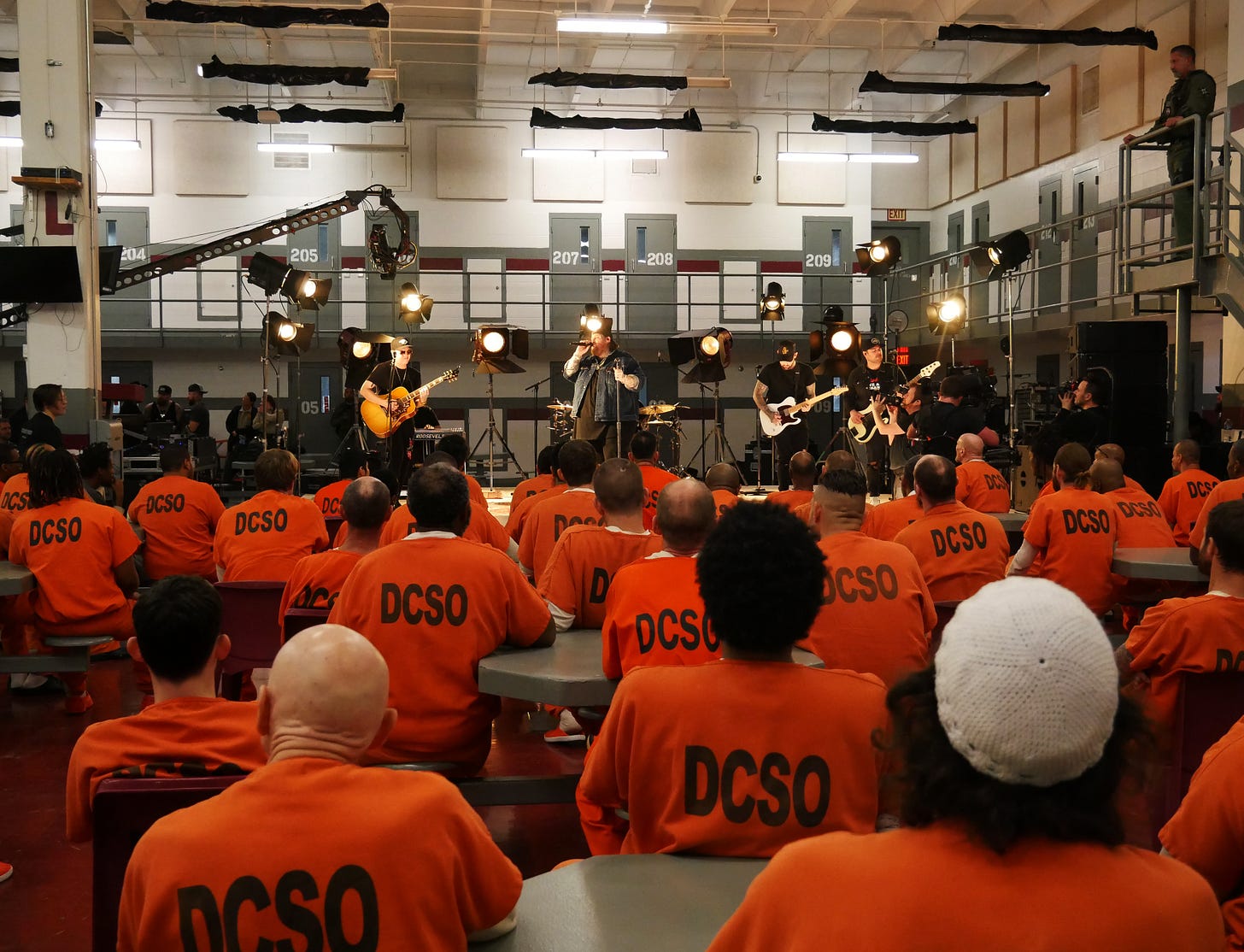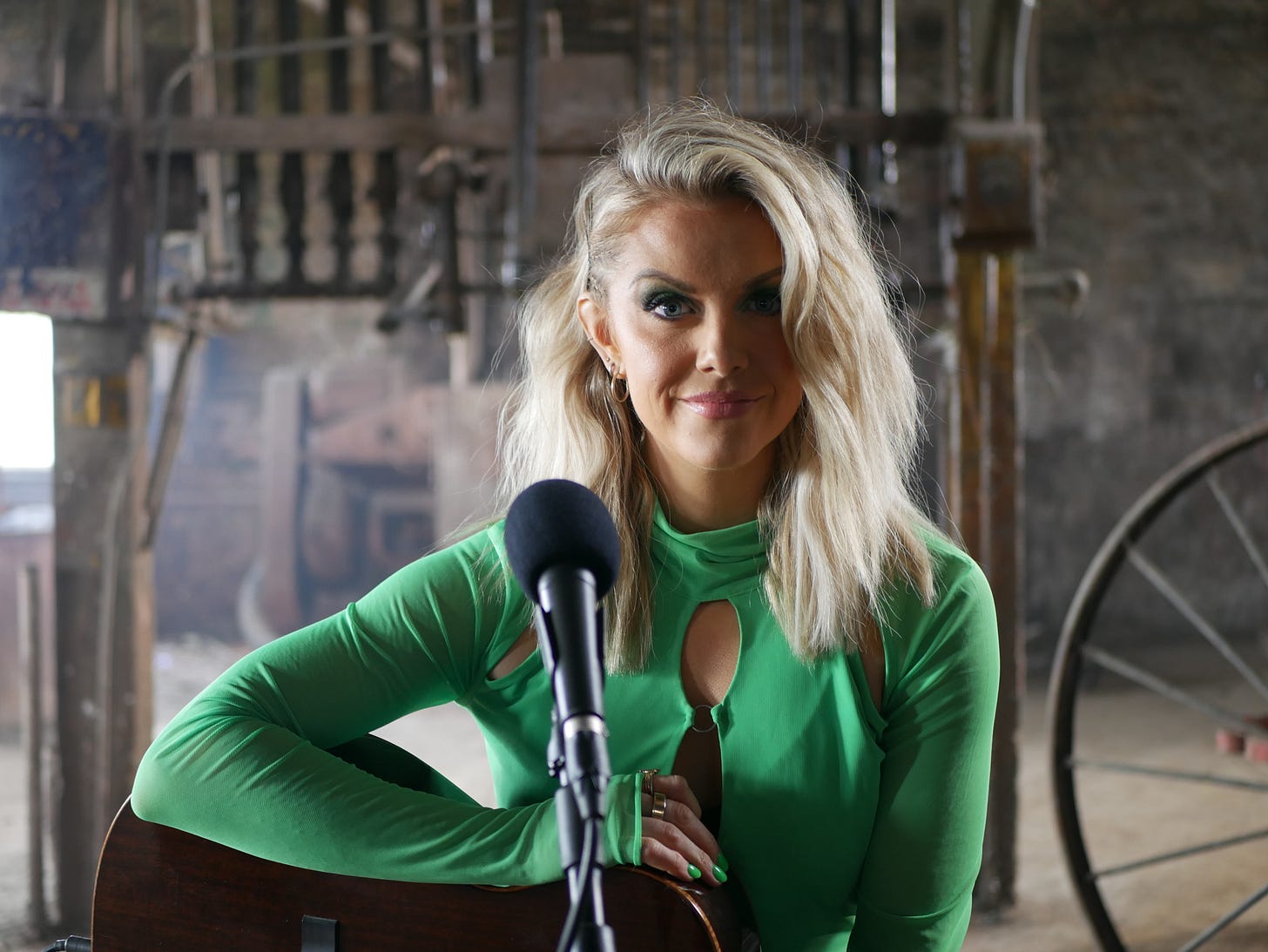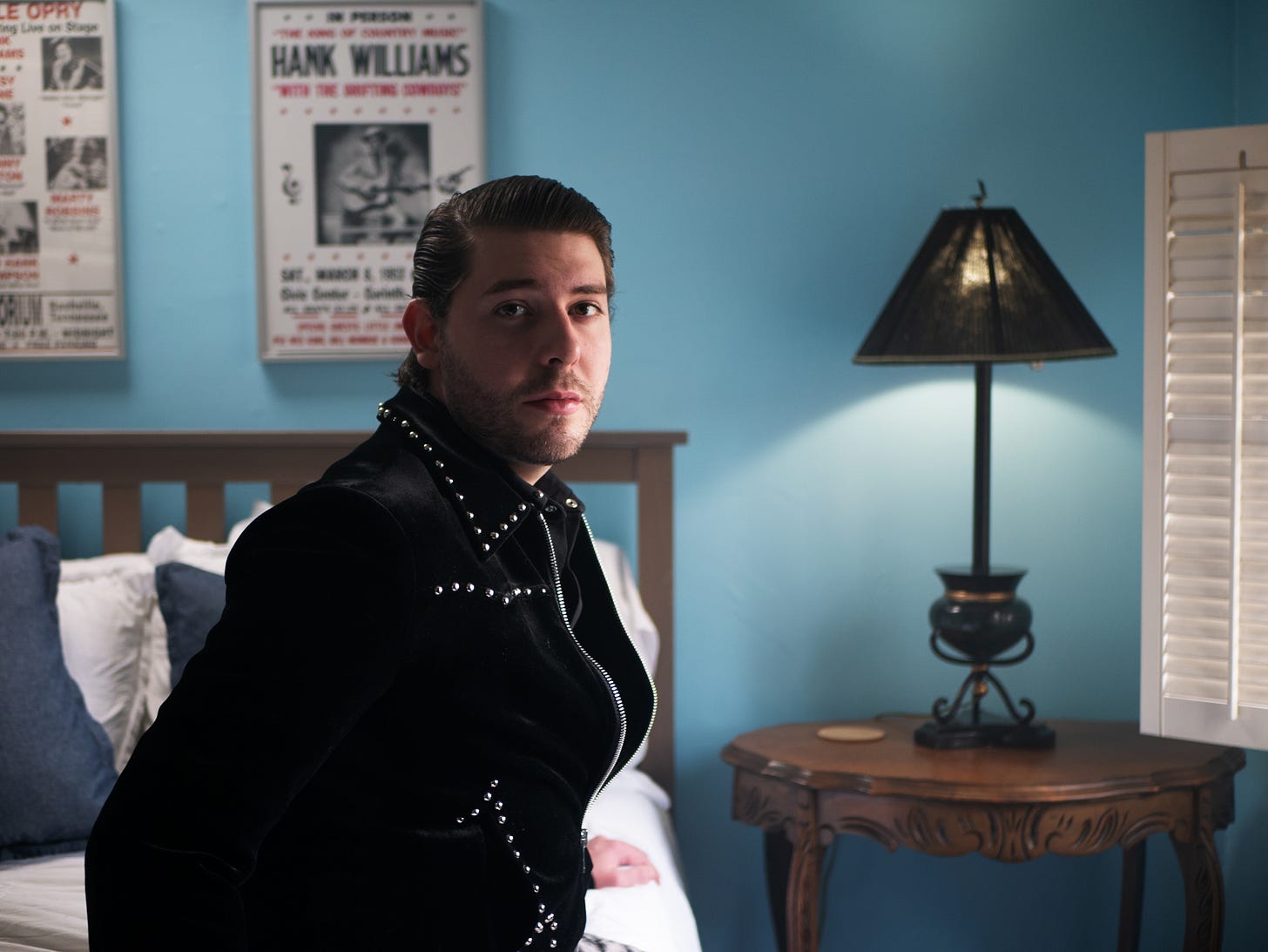Rebel Country review and interview with director Francis Whatley (Tribeca)
Tribeca Film Festival - Documentary
When I was in college, my roommate came back after one summer as a country music fan, which meant I also became a country music fan. Somewhere in my basement is my Garth Brooks box collection. But country music represents a far more interesting and diverse collection of musicians and artists than I listened to in the 90s, and in Francis Whatley’s latest documentary, Rebel Country, he highlights these voices.
The film opens with some of the discourse surrounding Lil Nas X’s release of Old Town Road and the surrounding controversy. The song shot to the top of the country charts but was quickly removed because it wasn’t considered to be “real country music.” That same gatekeeping was present from the birth of country music as it was being recorded in the 1920s, where the same songs would be categorized as “race music” or “hillbilly music,” depending on the color of the skin of the person recording the music.
Rebel Country follows various artists as they make their way in country music today. The film follows Frank Ray, a Mexican musician who has spoken openly about United States immigration policies. We see Jelly Roll, a former rapper turned country musician who performed at the prison where he was incarcerated. Lindsay Ell shares uses music to share about sexual abuse that she experienced. Sam Williams (grandson of Hank) explores the space as a gay artist. And Breland allows humor to guide his time as a black musician in largely white spaces.
In addition to numerous profiles, Whatley shares a lot of the history of country music, exploring its connections to African and Latin music, as well as the way the genre has been co-opted by politicians like Richard Nixon, using it as a tool in the southern strategy to move white southern Democrats to the Republican party.
While the film contains plenty of information, it is presented in a way that makes it easily digestible while also incredibly engaging. Films with this much information can often feel overstuffed, but this one is laid out in a way that can be followed without overwhelming.
Country music often has a reputation for being exclusionary, and as seen with Lil Nas X and, more recently, Beyonce, it certainly can be. It can be seen as racist and sexist and homophobic. But as Rebel Country shows, it comes from culturally diverse roots and is performed by people of every race, creed, orientation, and gender.
In the past, outlaw country was borne out of those looking to break away from some of the overly produced, corporate music out of Nashville. Today, it is being made by people on the fringes of what the gatekeepers consider to be “real country.” The outlaw today might be a black kid adding a hip-hop beat to a country song. It might be a woman writing about taking out her abusive partner. It might be the grandchild of country royalty taking his boyfriend to an awards show. Rebel Country reminds all of us that they are just as real as anyone else.
Listen to my interview with director Francis Whatley below.




